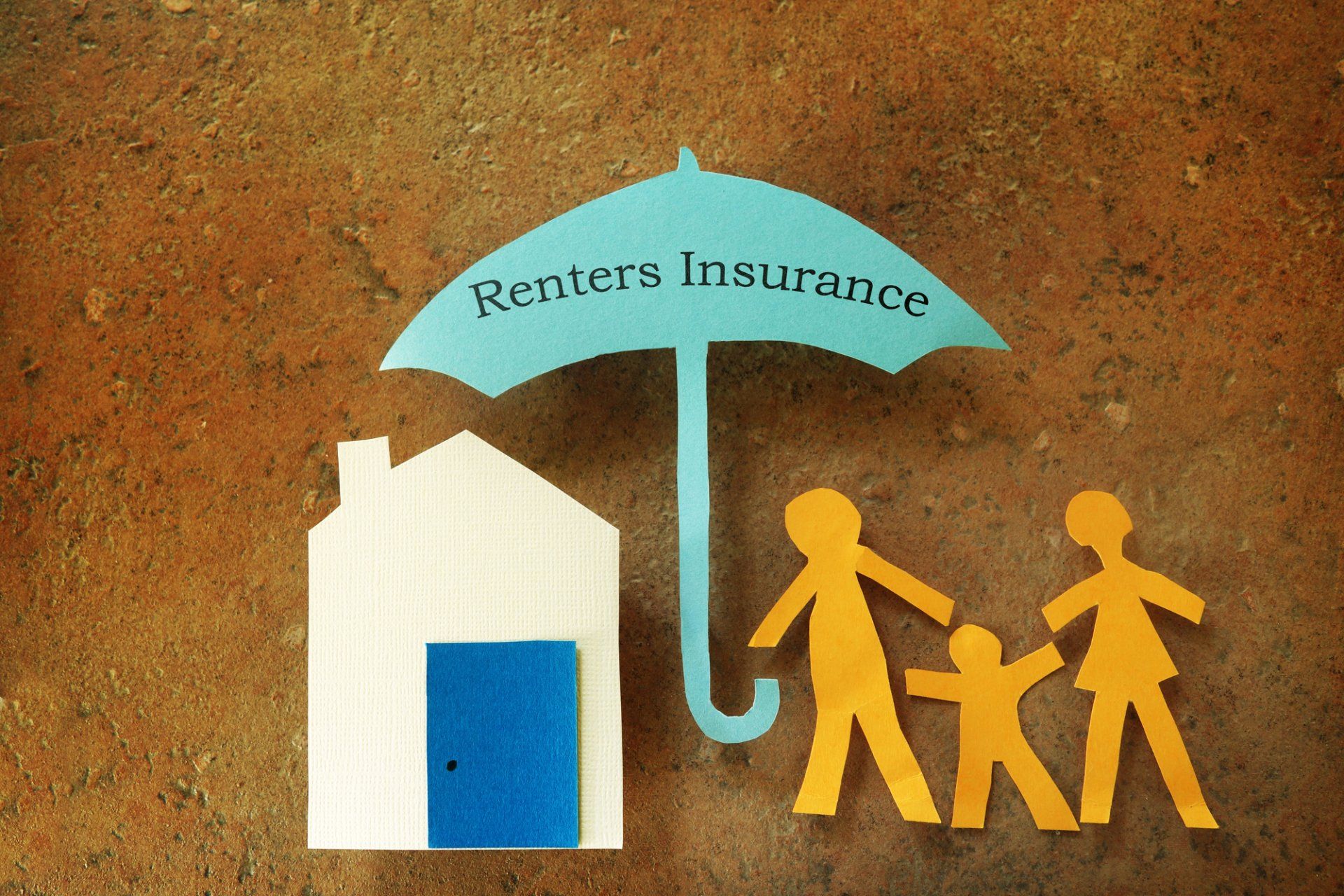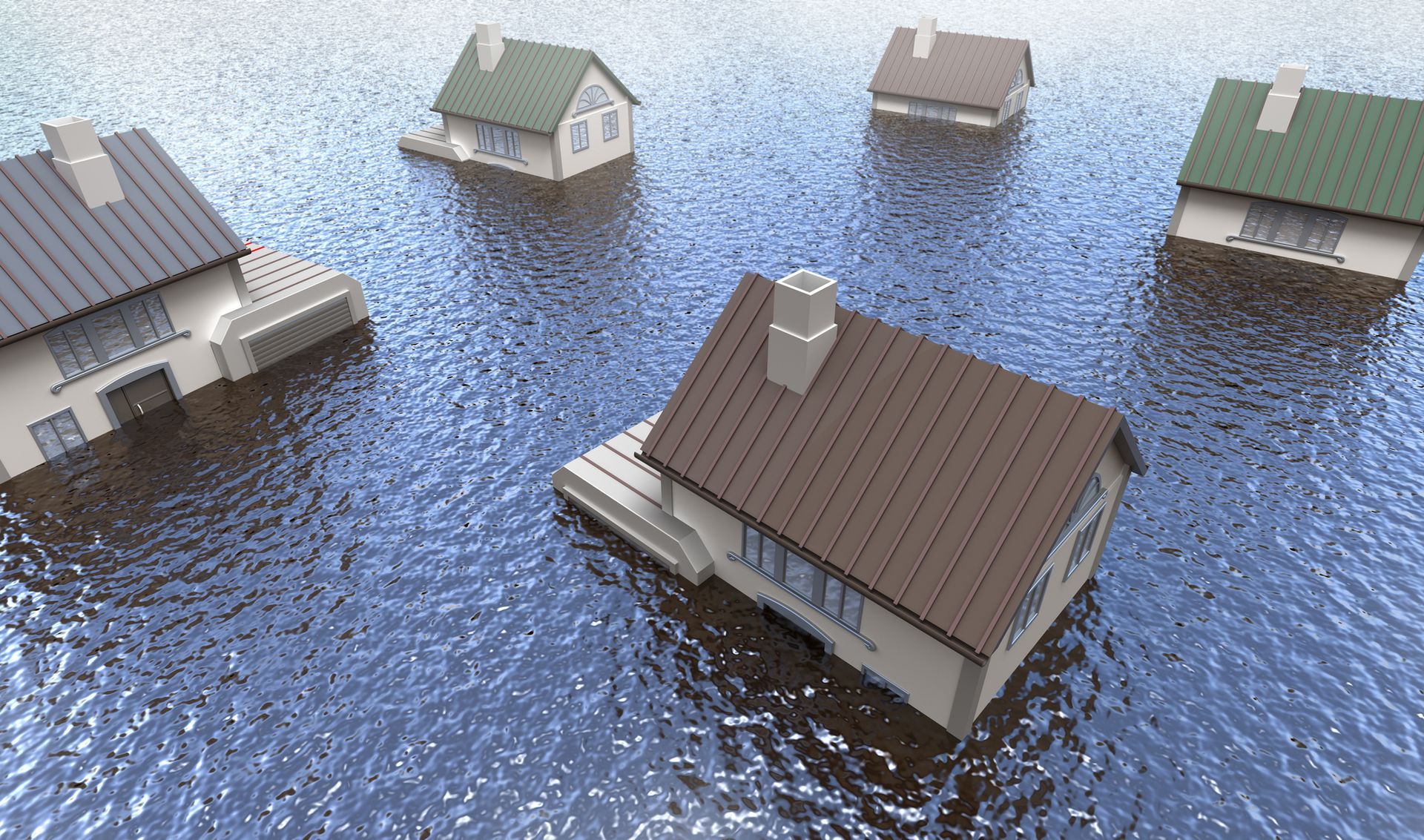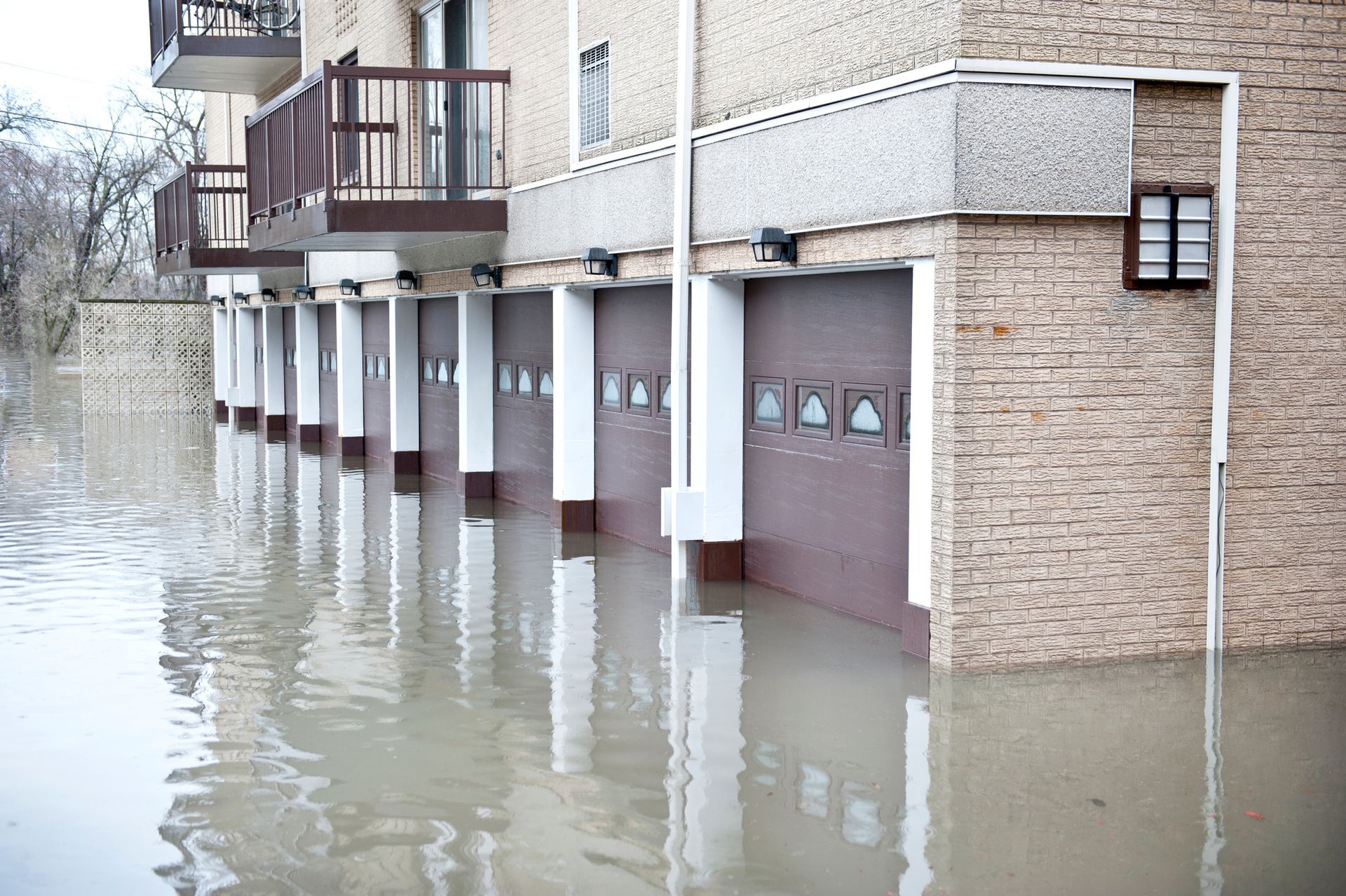A Guide to Understanding Earthquake Insurance Policies | Seattle Quake Insurance
Earthquake insurance is a complex and often misunderstood area of the insurance industry. With an increasing number of condominium owners in danger of experiencing seismic activity, it is essential to understand what earthquake insurance covers and how best to protect oneself against loss due to earthquakes.
The purpose of this article is to provide guidance on navigating the complexities of condominium earthquake insurance. Earthquakes can cause significant damage that traditional homeowner’s policies do not cover. It is important to remember that even if one lives in an area with low risk for seismic events, such coverage may still be necessary.
Contact Us
We will get back to you as soon as possible.
Please try again later.
Seattle Earthquake Insurance will discuss factors such as understanding the different types of coverage available, assessing individual risks, and tips on getting the best possible policy at an affordable rate.
By taking these topics into account, readers should have all the information needed to navigate their way through finding suitable protection from losses due to earthquakes.
Understanding Types Of Earthquake Insurance
A well-known adage states that "an ounce of prevention is worth a pound of cure'. When it comes to natural disasters such as earthquakes, this phrase rings true. Having an understanding of the types of earthquake insurance available and their coverage limits can help individuals make better decisions when navigating the complexities associated with condominium insurance policies.
- Dwelling insurance: Dwelling insurance, which is also called building coverage, is meant to protect your home or condo's construction. Most of the time, this type of insurance includes earthquake damage to the foundation, walls, roof, and other structural parts. It helps make sure that the costs of any repairs or rebuilding needed after an earthquake will be paid.
- Contents Insurance: The structure of your home is covered by dwelling insurance, while contents insurance protects your personal items. In the event of an earthquake, this type of coverage can help pay to fix or replace things like furniture, appliances, electronics, and clothes that were broken or destroyed. To get the right amount of coverage for your contents insurance, you need a correct estimate of how much your things are worth.
- Loss of use insurance: Loss of use insurance, which is also called "additional living expenses coverage," is meant to help landlords or condo owners pay for temporary housing and other costs if an earthquake damages their home and makes it unlivable. This insurance can help pay for things like hotel stays, food, transportation, and other costs until your home is fixed or rebuilt.
- Deductibles and Coverage Limits: When getting earthquake insurance, it is important to know how much the deductible is and how much it covers. A deductible is the amount you have to pay out of pocket before your insurance policy kicks in. It's important to assess your financial capabilities to determine an appropriate deductible level. On the other hand, coverage limits say how much the insurance company will pay for a claim. It's important to look over the coverage limits for each type of insurance carefully to make sure they match the costs of fixing or replacing your property and things.
- Additional Considerations. It is also important to verify whether any additional types of coverage or endorsements may be necessary for full financial protection against losses due to earthquakes or other natural catastrophes. With careful consideration and research into all elements at play before signing up for a plan, individuals can ensure they have access to the right level of protection while navigating through the complexities associated with condo earthquake insurance.
Assessing Personal Risk
When assessing personal risk for condominium earthquake insurance, it is important to evaluate the coverage offered. Many policies will provide a certain level of protection from natural disasters such as earthquakes, including structural damage, property loss, and temporary displacement costs. It is also essential to explore the options available in terms of deductibles and premiums that are based on the individual's needs.
It is important to understand how different factors can impact an individual’s overall exposure when evaluating condominium earthquake insurance. Location is one of these features, as some areas may be at greater risk than others due to geological instability or proximity to fault lines. Furthermore, if an earthquake affects multiple properties owned by the same person, they may need specialized coverage tailored to their unique situation.
By researching various plans and understanding what type of protection is included in each option, individuals can make informed decisions about which plan best suits their needs and budget. Carefully reviewing all documents associated with any policy before signing helps ensure that there are no surprises down the road if disaster strikes. Ultimately, this process should result in finding a policy that provides peace of mind while protecting assets from potential losses caused by earthquakes.
Obtaining An Affordable Policy
When it comes to condominium earthquake insurance, assessing personal risk is only the first step in finding an affordable policy. Shopping around and understanding coverage limits are key when selecting a policy that fits within budgetary constraints.
To start, research different companies offering earthquake insurance in your area so you can compare both price and coverage. The cost of premiums varies considerably depending on where you live and the strength of seismicity in your region. Be sure to check out deductibles as well—these will help determine how much money you’ll have to pay out-of-pocket if there is ever an incident or claim filed. Additionally, most policies have caps on coverage amounts for damages and losses associated with earthquakes, so make sure these fit within your budget before signing any agreements.
It is also important to review additional benefits offered by potential insurers, such as additional assistance with relocation costs during repairs or even legal aid services should any disputes arise from the filing of claims after an earthquake occurs. All of these aspects combined will create a complete picture when it comes to choosing the right policy for you and your condo dwelling. In order to select the best option:
- Research local companies providing earthquake insurance in your area
- Compare premium prices based on seismicity levels
- Consider deductible options available
- Review coverage limits as they apply to damage and loss claims associated with earthquakes
- Determine if the insurance company is financially secure and has a good reputation for customer service.
Building Code Requirements
Understanding building code requirements for condominiums is a critical part of evaluating earthquake insurance coverage. The seismic zone in which the property is located and the codes that apply to it should be compared when shopping for policies. In areas where there are higher risks, properties must meet more stringent standards than those required in less risky regions. Building codes vary widely across jurisdictions and can be based on climate, geographic location, soil type, and other factors.
For example, California has its own set of regulations that include measures such as
lateral force resisting systems (LFRS) and shear walls to provide extra protection against earthquakes. In addition to local building codes, some insurance companies may require additional protections or upgrades to existing structures before providing coverage. It's important to check with each insurer regarding their specific requirements so you understand exactly what needs to be done prior to purchasing an earthquake policy.
Claims Process
The claims process for earthquake insurance can be quite a challenge to navigate. In fact, it often proves more difficult than any natural event that could cause significant damage, such as an earthquake itself! It is important to understand the policy coverage and available procedures before filing a claim in order to ensure maximum benefit. A key aspect of navigating this system is being aware of the differences between deductibles and limits according to the specifics of each individual condominium policy.
Deductibles are typically based on percentages rather than dollar amounts, which can make calculating their value somewhat complex. Additionally, there may also be different types of coverage depending on your location within the building or structure you’re insured against.
It pays to take advantage of all resources available when understanding what coverage applies during a potential disaster situation and how best to pursue compensation afterwards. Being informed about these processes ahead of time will enable quicker resolution should something happen, so it’s always wise to research options beforehand. The knowledge gained from doing so can greatly reduce future frustrations and help keep things running smoothly throughout the entire process.
Get Affordable Earthquake Insurance at Washington Flood & Quake Insurance Agency
Earthquakes have the potential to cause unimaginable destruction. Thus, it is essential for condominium owners to be prepared by obtaining comprehensive earthquake insurance. To understand the complexities of navigating this type of insurance policy, one must assess their personal risk and building code requirements, as well as obtain an affordable policy that can meet all needs.
Furthermore, understanding how the claims process works will ensure a smooth transition during difficult times. Therefore, taking the time to research and invest in adequate coverage offers peace of mind and security should disaster strike. In conclusion, while there may be many challenges associated with procuring
earthquake insurance for condominiums, having reliable coverage is a critical part of being adequately prepared for any eventuality.
Affordable Insurance With Personal Service - Local Agents & Brokers
CONTACT US
Phone: 206-759-2566
Insurance Services
Have Questions or Request A Quote
Contact Us
We will get back to you as soon as possible.
Please try again later.









